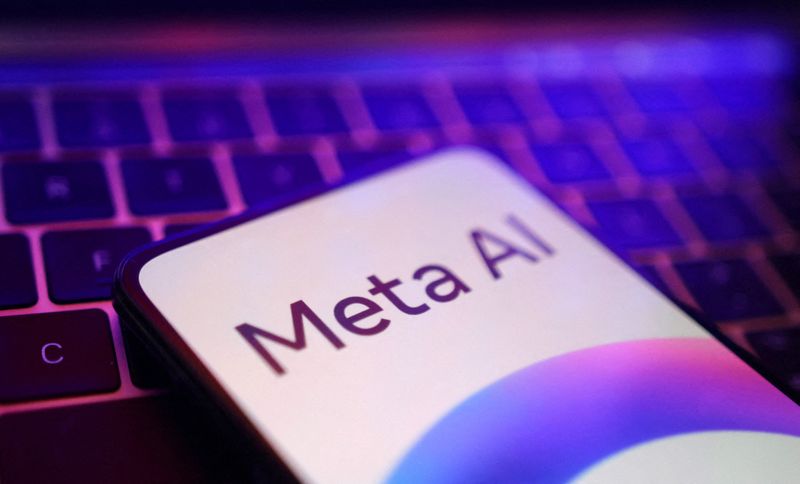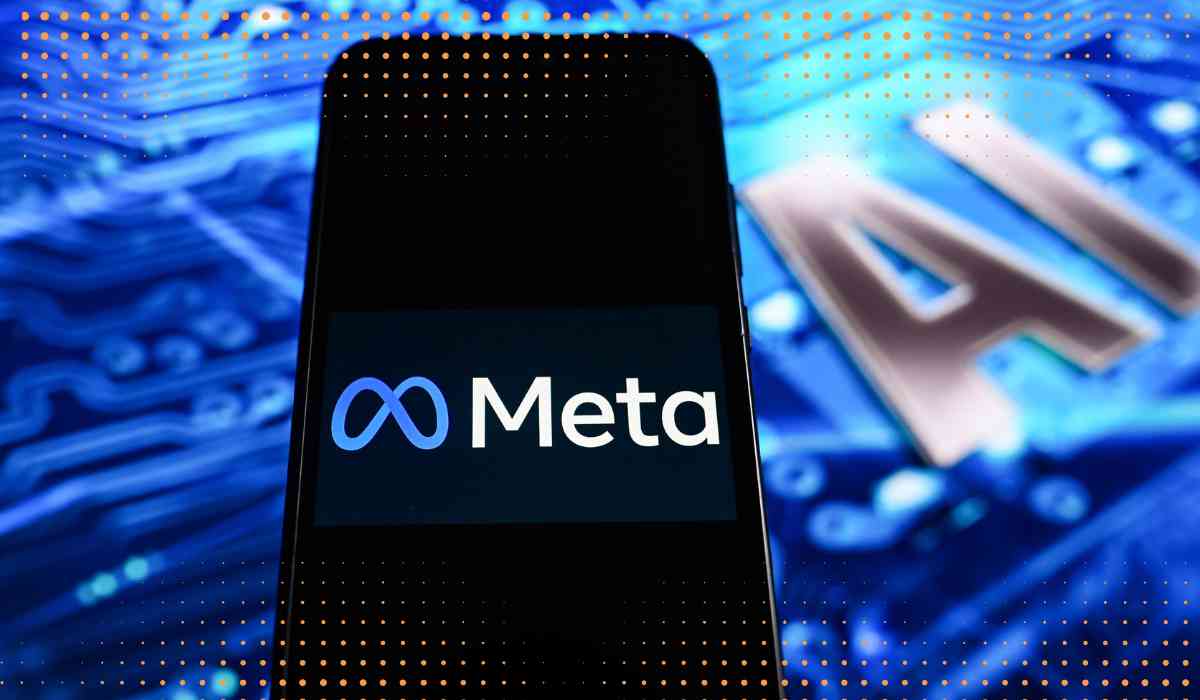Meta, the parent company of Facebook, announced on Friday the release of several new AI models from its research division, including a groundbreaking "Self-Taught Evaluator." This AI tool could potentially reduce human involvement in AI development, paving the way for more autonomous systems. The tool was initially introduced in an August research paper, which outlined how it uses the chain of thought technique similar to that employed by OpenAI’s latest models to make more accurate assessments of AI responses.
AI Models Learning Without Human Input

The Self-Taught Evaluator model is designed to break complex problems into smaller logical steps, enhancing accuracy in areas such as science, coding, and mathematics. Notably, Meta’s researchers trained the model entirely with AI-generated data, bypassing the need for human input during this phase. This represents a significant advancement in AI development, where models can assess and improve their own performance without human oversight.
According to Meta researchers, the ability of AI to reliably evaluate other AI models opens the door to creating fully autonomous AI agents. These agents could perform a wide range of tasks without human intervention, a vision shared by many in the AI field. Such self-improving models could potentially replace current methods like Reinforcement Learning from Human Feedback (RLHF), which requires specialized human annotators to verify and label data accurately.
AI Advancements Beyond Human Feedback

Jason Weston, one of Meta's leading researchers, emphasized that the ability to self-teach and self-evaluate is crucial to developing AI that surpasses human capabilities. "As AI becomes more superhuman, it should improve its ability to check its work, becoming better than the average human," Weston explained. This self-sufficiency could eliminate the need for costly and time-consuming human involvement in AI training processes.
Other tech giants, including Google and Anthropic, are also exploring similar concepts, such as Reinforcement Learning from AI Feedback (RLAIF). However, Meta sets itself apart by making its models publicly available, allowing for broader experimentation and development in the AI community.
In addition to the "Self-Taught Evaluator," Meta unveiled updates to its image-identification tool, Segment Anything, which speeds up response times for large language models (LLMs). The company also introduced new datasets aimed at facilitating the discovery of inorganic materials, further expanding its AI research capabilities.
With inputs from Reuters
Image Source: Multiple agencies
© Copyright 2024. All Rights Reserved Powered by Vygr Media.





















